When we hear the word United Arab Emirates, many people think of 1001 Nights, the desert, the Middle East, Burj Khalifa, luxury hotels and shopping. The huge metropolises of Dubai and Abu Dhabi are absolutely hip and are attracting more and more tourists from all over the world. Everyone wants to visit the city of superlatives, see the tallest building in the world, visit a man-made palm island and enjoy a bit of luxury. Dubai has breathtaking sights, great beaches, colorful markets and luxury for every budget.
So we all have a good idea of the attractions and what the city of superlatives has to offer. But what do we actually know about the culture of VAT? People follow Islam do not eat pork, women often wear traditional clothing and cover themselves with a Abaya, alcohol is forbidden and even as a couple you have to follow certain rules on how to behave in public. How do these religious values and norms affect us as a tourist? What am I allowed to do and what are we not allowed to do in Dubai? It is essential to respect all the rules to enjoy your visit without any issues.
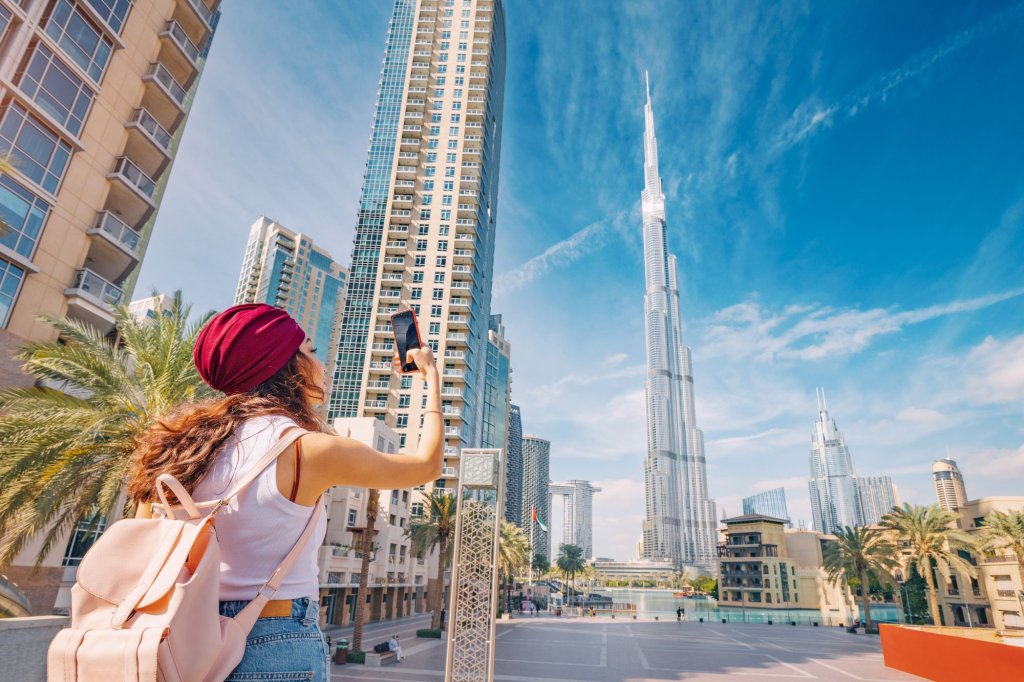
Planning a trip to Dubai requires some preparation and knowledge of the local rules and regulations. Here are some tips to help you plan your visit:
Check the UAE’s Official Website: Before you visit Dubai, make sure to check the UAE’s official website for the latest information on travel requirements and regulations. This will help you stay updated on any changes that might affect your trip.
Valid Passport and Visa: Ensure that you have a valid passport and, if required, a visa before traveling to Dubai. Some nationalities can obtain a visa on arrival, but it’s best to confirm this in advance.
Book in Advance: To avoid high prices and availability issues, book your flights and accommodation well in advance. Dubai is a popular destination, and early planning can save you both time and money.
Best Time to Visit: Research the best time to visit Dubai, considering the weather and the holy month of Ramadan. The cooler months from November to March are ideal for outdoor activities.
Familiarize with Local Customs: Understanding local customs and traditions is crucial to avoid any cultural faux pas. Respecting the local culture will enhance your experience and help you blend in more comfortably.
Dubai attracts millions of tourists and business travelers from around the world every year. It is crucial to be aware of illegal things in Dubai, such as cross-dressing and public drunkenness, to avoid legal issues. As an Islamic country with a captivating blend of Eastern customs and Sharia principles, it is advisable to familiarize yourself with the cultural differences and laws before your first visit. Therefore, we have compiled useful tips and advice to ensure a smooth journey and avoid any misunderstandings.
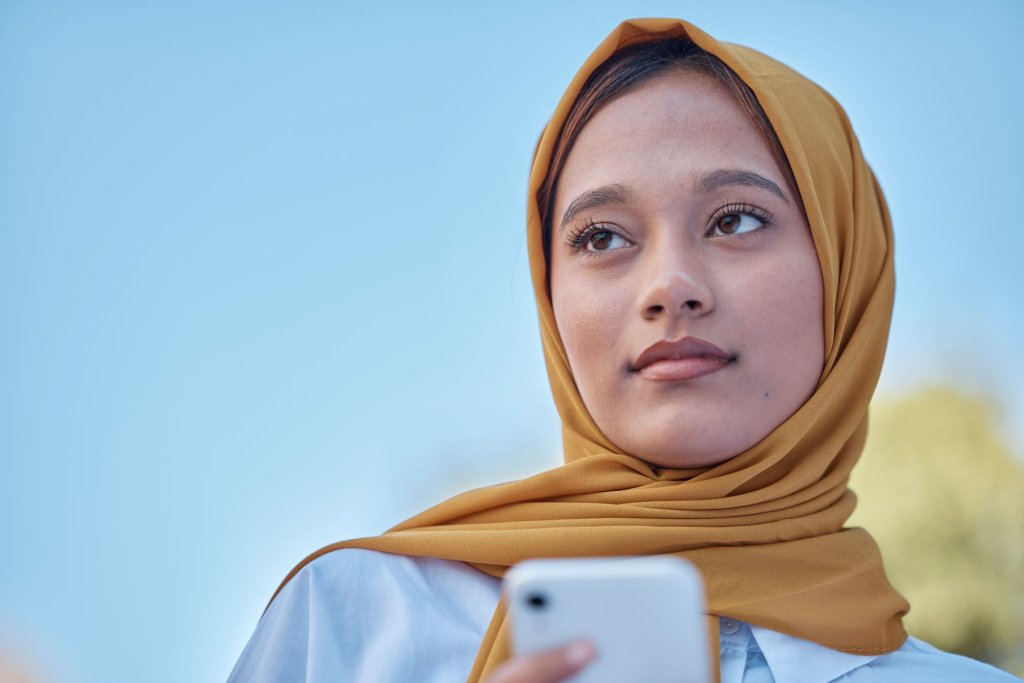
Dubai has a dress code for tourists that reflects its cultural and Islamic values. While it is a relatively liberal city compared to some other places in the region, it is important for tourists to dress modestly and respectfully when in public areas, especially in places of religious significance.
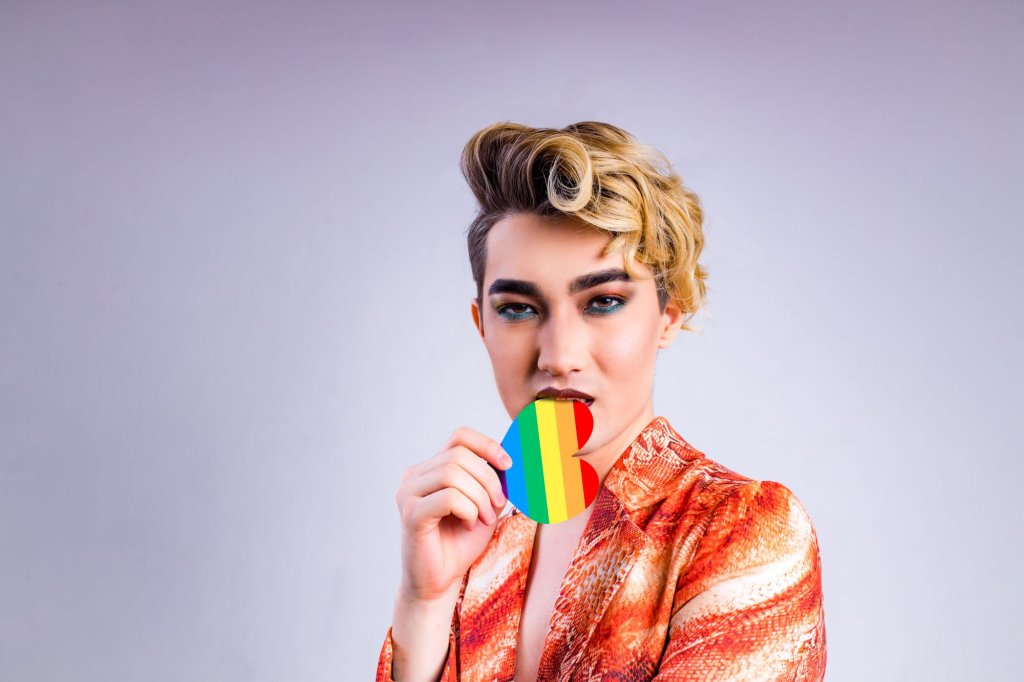

In Dubai there are certain behavioral norms and cultural expectations for couples.
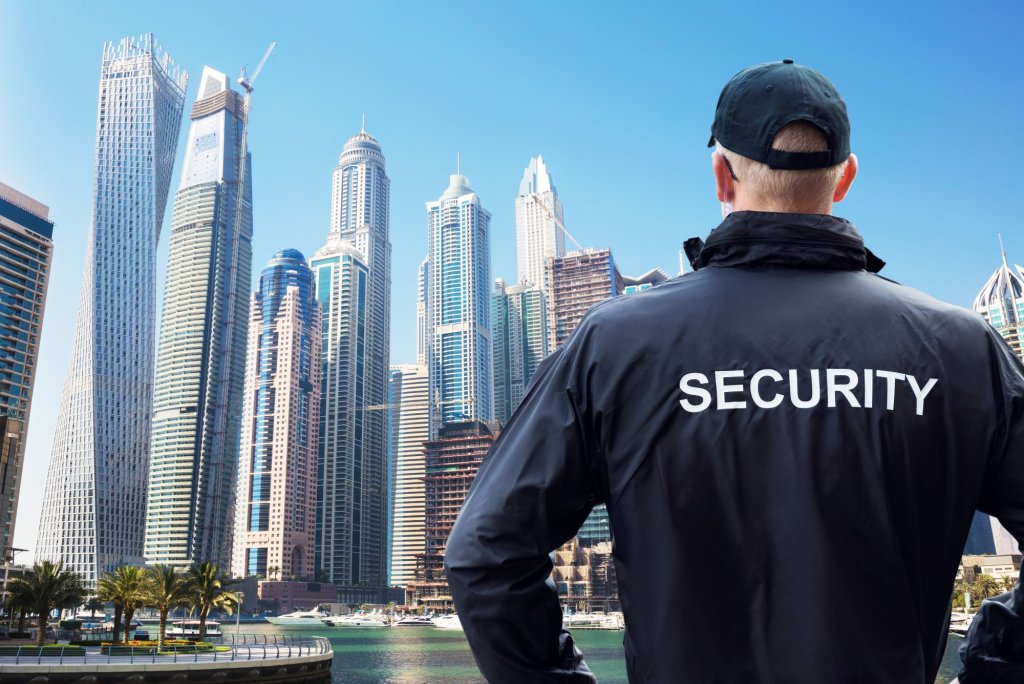
Alcohol regulations in Dubai are subject to local laws and customs, and it’s essential to be aware of them to avoid legal issues.
Parties and Events: You can attend parties and events where alcohol is served, but these events are typically held in licensed venues.

Dining in Dubai can be a unique and enjoyable experience, but it’s essential to understand the local customs and traditions. Here are some tips to help you navigate the dining scene:
Dress Modestly: When dining in public, it’s important to dress modestly, covering your shoulders and knees. This shows respect for the local culture and Islamic values.
Remove Your Shoes: If you’re dining at a traditional Arabic restaurant or visiting a mosque, remember to remove your shoes before entering. This is a sign of respect and cleanliness.
Use Your Right Hand: In Arab culture, the right hand is considered clean and is used for eating. Avoid using your left hand, as it is considered unclean.
Avoid Eating in Public During Ramadan: During the holy month of Ramadan, it’s considered impolite to eat, drink, or smoke in public during daylight hours. Be mindful of this and try to eat in designated areas or private spaces.
Try Local Cuisine: Be adventurous and try local dishes such as shawarma, machboos, and other traditional foods. Dubai offers a rich culinary experience with a blend of flavors and spices that reflect its diverse culture.
By understanding and respecting these dining customs, you can enjoy a more authentic and respectful dining experience in Dubai.
Ramadan is a significant and sacred Islamic festival observed by Muslims worldwide. It is a month of fasting, prayer, reflection, and community. During Ramadan, Muslims fast from dawn (Suhoor) until sunset (Iftar). The fast is broken each evening with a meal called Iftar.
For tourists visiting Dubai during Ramadan, it’s important to be respectful and considerate of the local customs and religious practices.
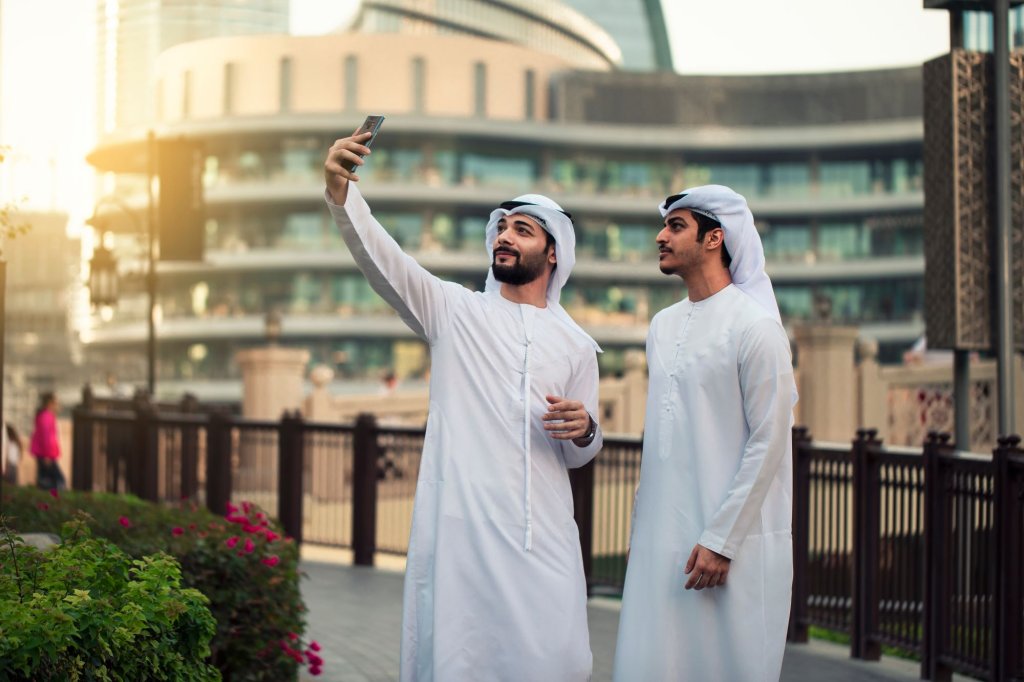
Snap a photo in public is generally allowed in Dubai, but you need to be extremely cautious while doing so.
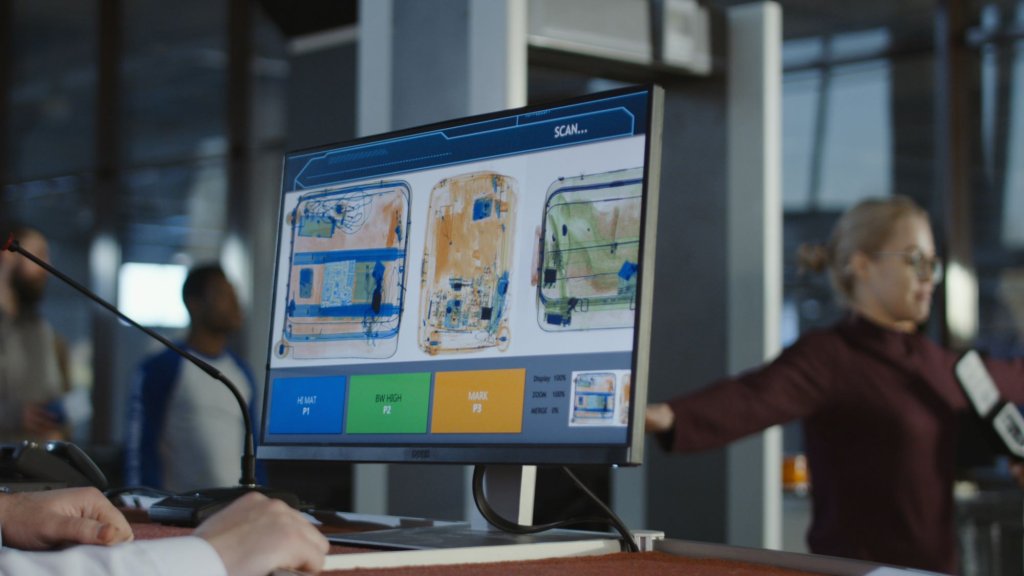
Dubai has strict regulations regarding prohibited items carried through Dubai International Airport. Here are some items you should not carry with you when visiting Dubai:
Always check check UAE’s official website or the airline you are flying with before traveling to Dubai.
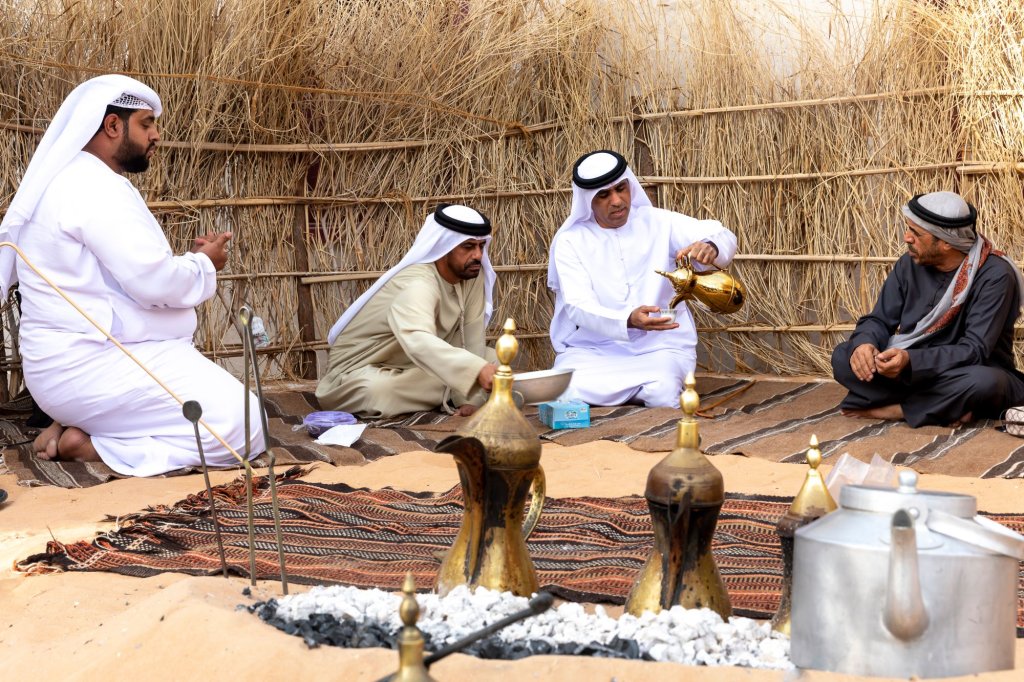
It’s essential to be aware of cultural differences and norms when it comes to hand gestures in Dubai. While many hand gestures are universal, some gestures may have different meanings or interpretations in different cultures.
In Dubai, as in many other places around the world, using offensive language or swearing in public is generally considered impolite. It’s important to be mindful of your language and behavior when in public spaces to ensure a respectful and harmonious environment:
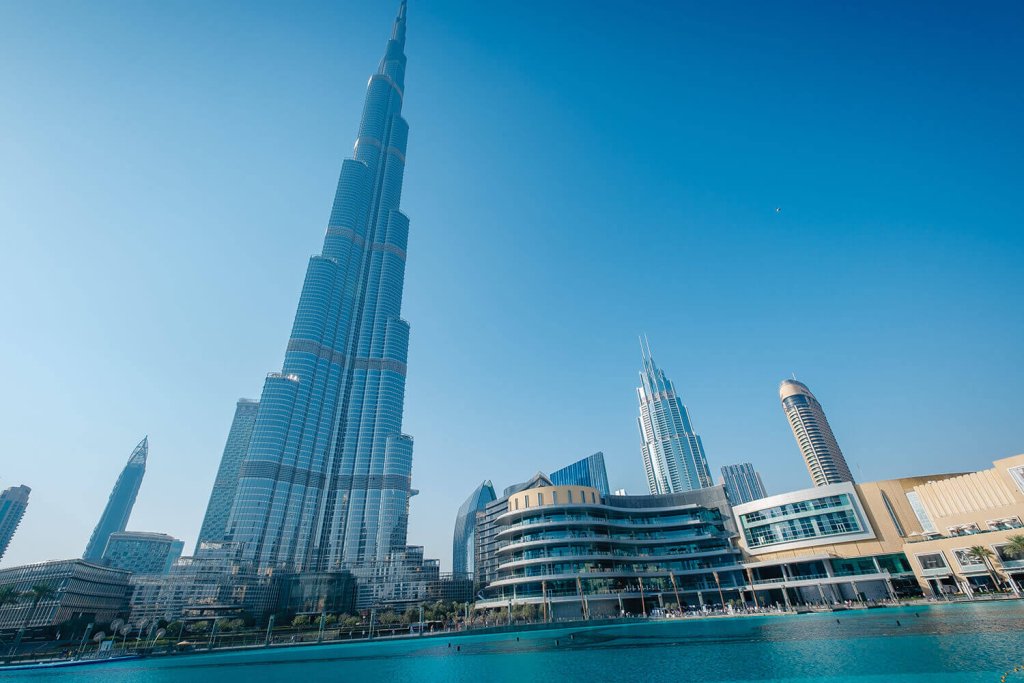
Certainly! Dubai offers a wide range of popular tourist spots and attractions that are not to be missed. Here are some must-visit places when you’re visiting Dubai:
Burj Khalifa: The iconic Burj Khalifa is the tallest building in the world. You can take an elevator to the observation decks on the 124th and 148th floors for breathtaking panoramic views of the city.
Dubai Mall: Adjacent to Burj Khalifa, the Dubai Mall is one of the largest shopping malls globally, offering a mix of shopping, dining, entertainment, and attractions. Don’t miss the Dubai Aquarium and Underwater Zoo inside the mall.
The Dubai Fountain: Located at the base of Burj Khalifa and Dubai Mall, the Dubai Fountain is a mesmerizing water and light show set on the artificial lake. It’s best enjoyed in the evening when the fountains are illuminated.
Dubai Marina: This modern waterfront district is known for its stunning skyline, upscale restaurants, and vibrant nightlife. Take a leisurely walk along the Marina Promenade and enjoy the views.
Palm Jumeirah: A palm-shaped man-made island, Palm Jumeirah is home to luxury resorts, beautiful beaches, and the iconic Atlantis, The Palm resort.
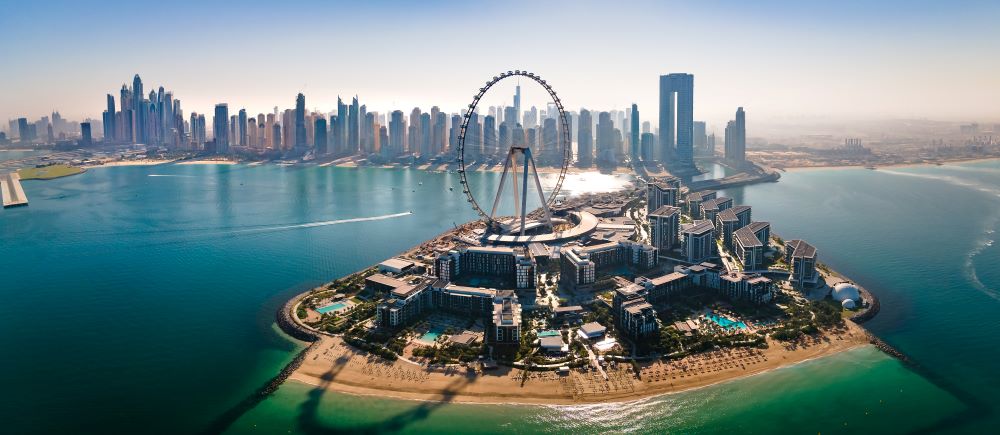
Jumeirah Beach: Relax on the pristine Jumeirah Beach and enjoy the clear waters and the view of the Burj Al Arab, another iconic Dubai landmark.
The Dubai Frame: This architectural marvel provides a unique perspective on old and new Dubai. The glass bridge offers panoramic views of both sides of the city.
Al Fahidi Historic District: Explore the historic Al Fahidi neighborhood, with its wind-tower architecture, narrow lanes, art galleries, and the Dubai Museum.
Dubai Opera: If you’re interested in arts and culture, catch a show or concert at the stunning Dubai Opera, known for its world-class performances.
Ski Dubai: For a unique experience, head to Ski Dubai in the Mall of the Emirates, an indoor ski resort with real snow slopes and various winter activities.
Dubai Miracle Garden: If visiting during the right season (usually November to April), don’t miss the Dubai Miracle Garden, a breathtaking display of flowers and designs.
Old Dubai: Explore the charming Al Bastakiya Quarter, visit the historic Dubai Museum, and enjoy shopping at the traditional Gold and Spice Souks.
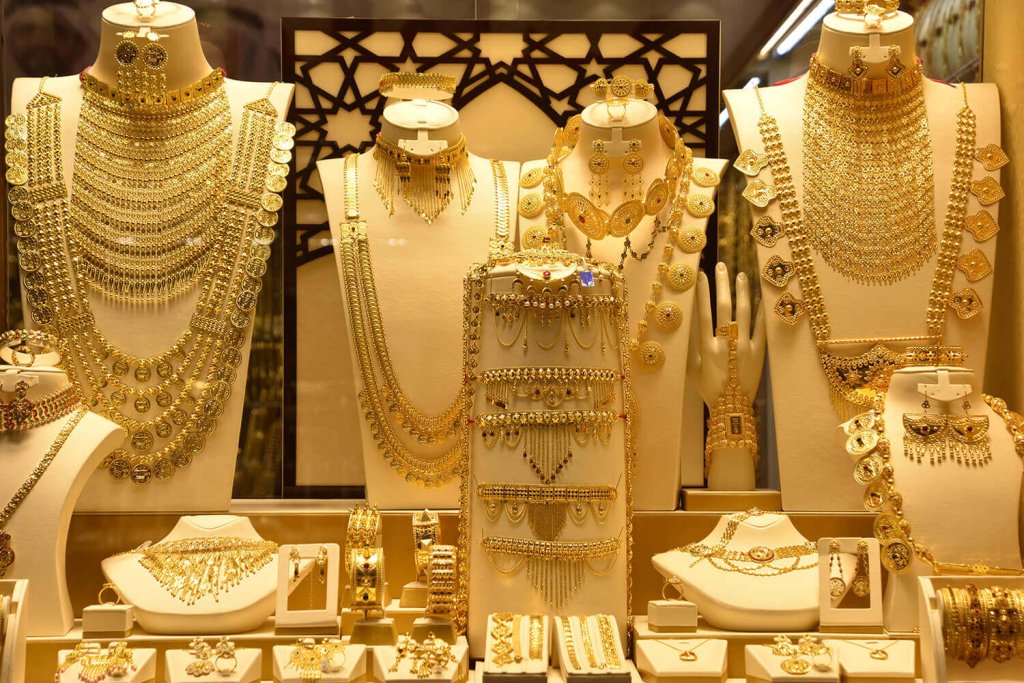
Dubai offers a wide range of unique experiences that allow you to explore the city and its culture. Here are some opportunities to consider:
Buying fake or counterfeit goods, including counterfeit luxury brand items, is illegal in Dubai and the wider United Arab Emirates (UAE). Dubai has strict regulations and laws in place to combat the sale and purchase of counterfeit products.
Engaging in the trade or purchase of counterfeit goods can result in legal consequences, including fines, confiscation of the counterfeit items, and potentially even imprisonment.
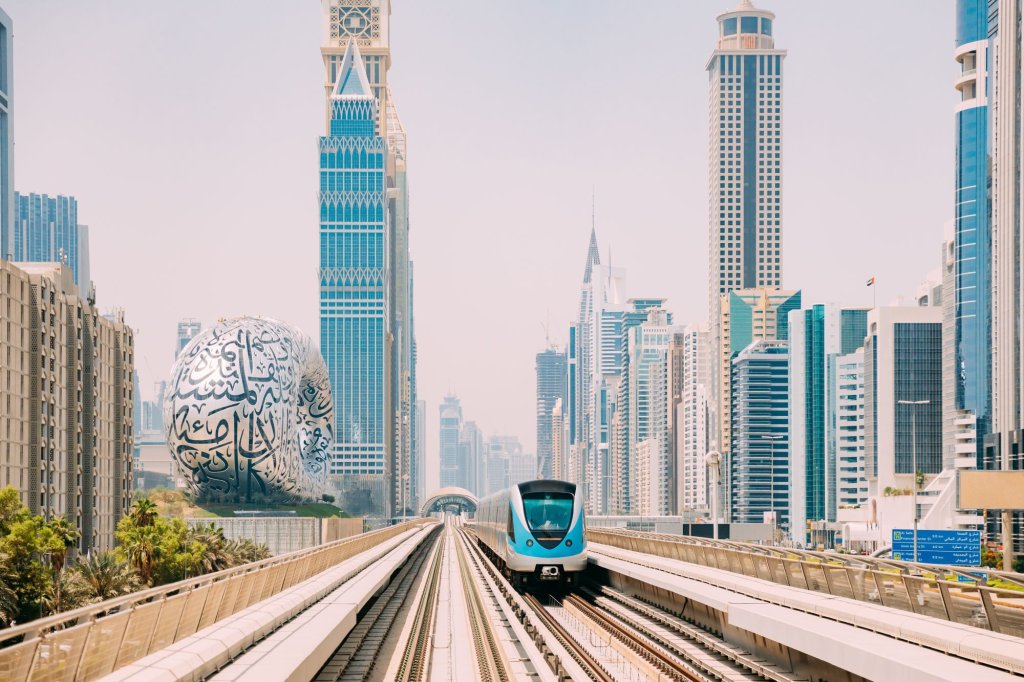
Yes, public transport in Dubai is generally safe and well-regarded. The city has invested significantly in developing a modern and efficient public transportation system, making it one of the most accessible and convenient cities in the world for getting around.
The Dubai Metro has rules and regulations in place to ensure the safety and comfort of passengers. Consuming food and beverages, including chewing gum, smoking, loud music etc. is generally not allowed on the Dubai Metro.
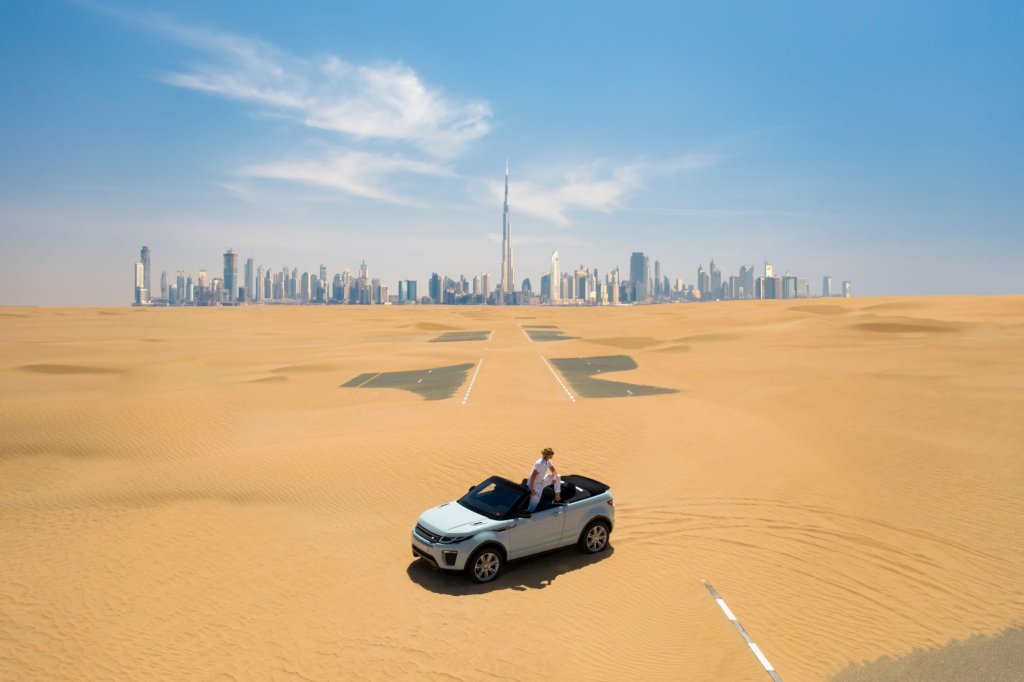
Dubai has extremely strict laws regarding drug possession and trafficking. Possessing even small amounts of illegal drugs can lead to severe legal consequences, including lengthy prison sentences or even the death penalty for serious drug-related offenses. Travelers are strongly advised not to engage in any illegal drug activities.

In conclusion, Dubai offers a mesmerizing blend of modernity and tradition, making it a captivating destination. However, to ensure a trouble-free and truly wonderful experience in this vibrant city, it is imperative to adhere to the dos and don’ts laid out by the local authorities.
By taking the time to familiarize oneself with the local rules and customs before visiting Dubai, travelers can avoid any potential pitfalls and ensure a smooth and enjoyable journey. Respecting the cultural norms, abiding by the legal regulations, and being mindful of the local sensitivities will not only keep you out of trouble but also allow you to immerse yourself in the rich and diverse experiences that Dubai has to offer. So, remember to do your homework, stay informed, and embrace the incredible culture and hospitality of Dubai, and you are sure to have an unforgettable time in this magnificent city.